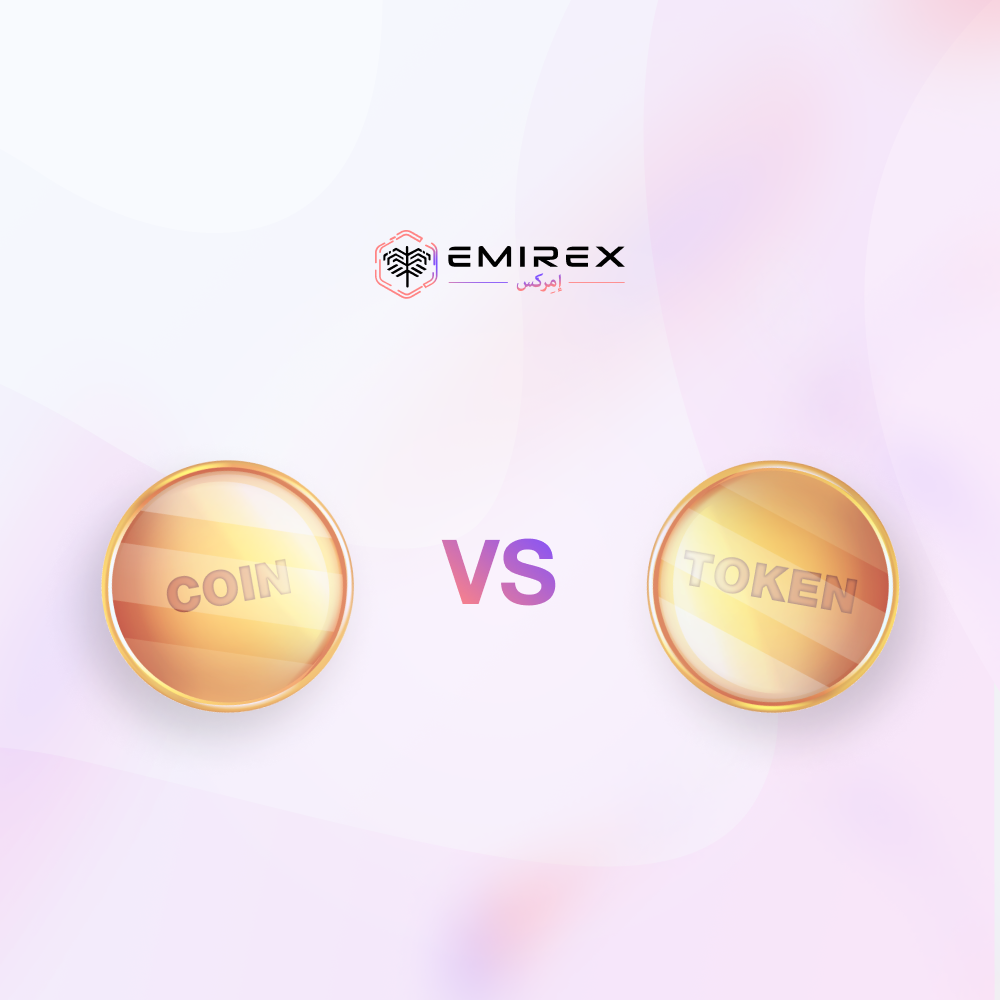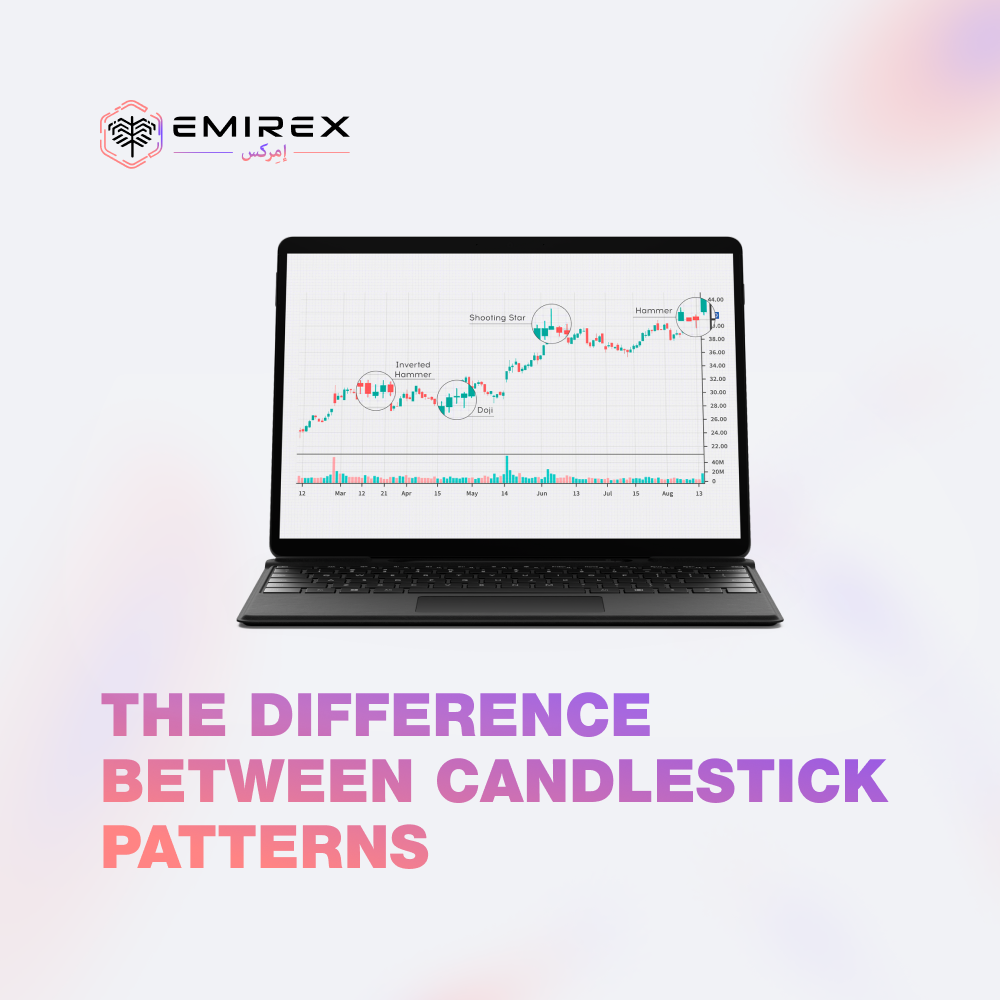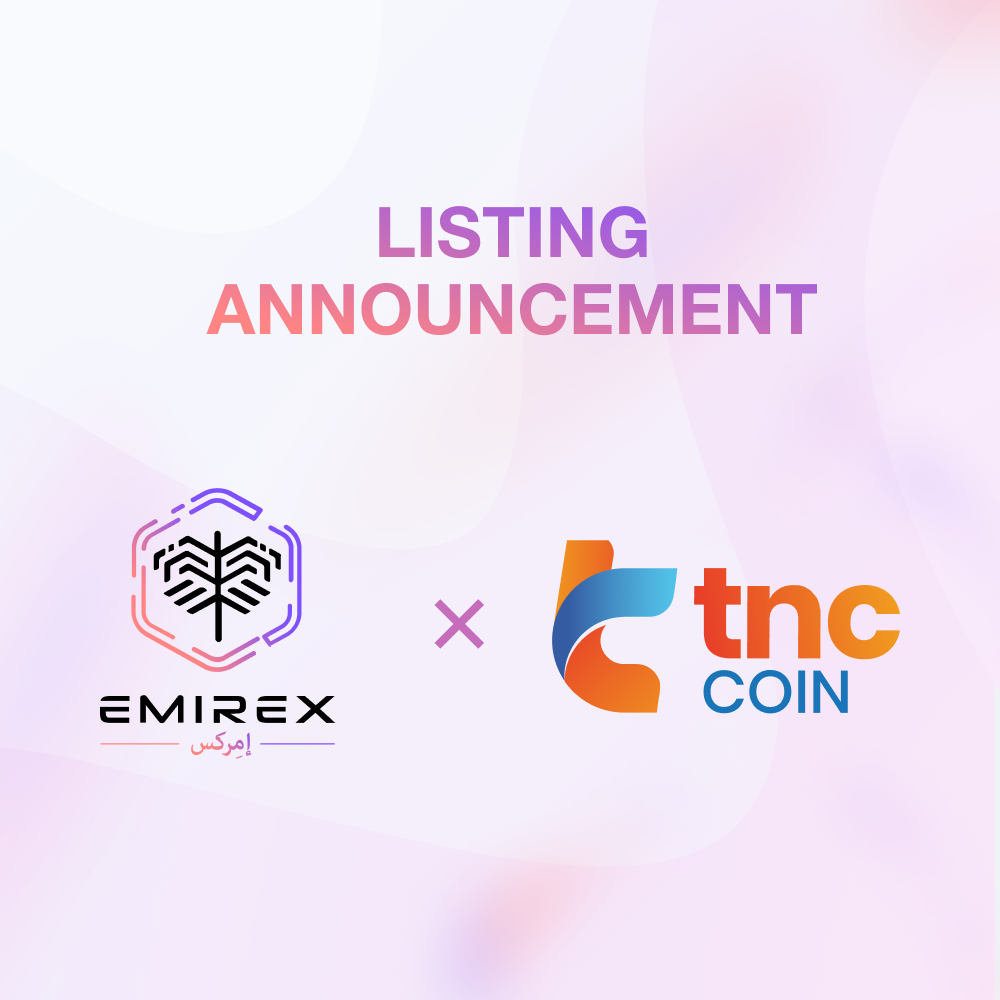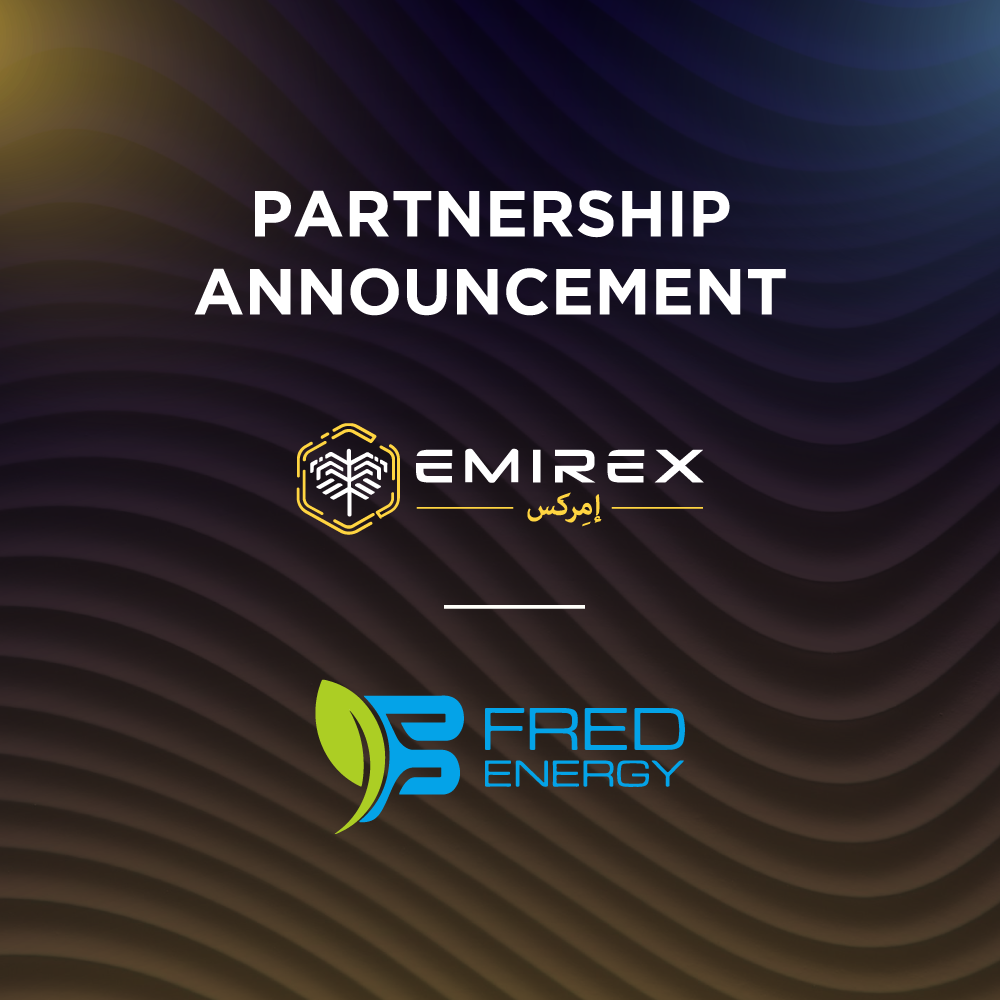To comprehend the cryptocurrency market, it is necessary to grasp the distinction between a coin and a token.
In the context of cryptocurrencies, distinguishing between coins and tokens is a monumental effort. Even though these words are frequently used interchangeably, they relate to two distinct ideas in the crypto ecosystem.
While it is not illegal to use these terms interchangeably, to learn more about the future of crypto and blockchain, one must first comprehend coins and tokens. Emirex wishes to explain some distinctions between tokens and coins.
Crypto Coin Vs. Token: Understanding the Difference
Coins are cryptocurrencies based on their blockchain network. Bitcoin (BTC) is the most well-known example, as well as the world's largest cryptocurrency by market capitalization.
Bitcoin is propelled forward by its own blockchain network. Similarly, Litecoin (LTC) and Ethereum (ETH) operate on their own blockchains. These blockchains might differ in terms of size, regulations, miners, performance, and so on.
Bitcoin (BTC), Ripple (XRP), Ethereum (ETH), Dogecoin (DOGE), and Litecoin are some of the most popular currencies (LTC).
How Are Digital Coins Used?
Digital coins are intended to perform the same function as real coins: value transfer. Digital coins facilitate financial transfers in the crypto ecosystem. They likewise store value that is directly related to demand and supply. As a result, the value of digital coins is frequently fluctuating.
However, there are a few outliers. For example, Dash (DASH) ownership will let the consumer vote on DASH network choices. However, in the case of Bitcoin, the only method to obtain additional Bitcoin is to buy or mine them.
What Is a Token?
Tokens are cryptocurrencies that do not have their own blockchain network. These cryptocurrencies, on one hand, are based on a different blockchain. Users can generate digital tokens by utilizing one of the numerous systems available in the DeFi (Decentralized Finance) ecosystem.
For its support for smart contracts, Ethereum is one of the most preferred options. The majority of digital tokens seen today are ERC-20 tokens, as the Ethereum platform makes it simple to create tokens on top of the Ethereum blockchain.
Thousands of tokens are currently available on the market. Some of the most popular digital tokens include Tether (USDT), USD Coin (USDC), DAI, UMA, and Basic Attention Token (BAT). These tokens may be endowed with abilities other than value transfer.
How Are Digital Tokens Used?
Tokens, like digital coins, allow for the transfer of value. However, in most situations, a digital token has more capabilities than just being a means of payment. Anyone with a computer may manufacture digital tokens that perform certain functions.
For example, the decentralized AIOZ streaming service employs the (AIOZ) token to reward users for watching videos. When customers watch videos from publishers that have collaborated with the AIOZ network, they get compensated in AIOZ.
There are several types of digital tokens available for various purposes:
- Security tokens serve as proof of investment in real-world assets such as stocks and bonds. These are distributed as part of a Security Token Offering (STO).
- Utility tokens are used to get access to a certain service or product. The FIL token, for example, has access to the Filecoin platform.
- Asset tokens are digital tokens that are connected to physical assets like real estate, gold, and so on. A token symbolizes the real-world investment in this scenario.
- Stablecoins are digital tokens with a predetermined value. These are frequently linked to fiat currencies such as the USD or EUR.
- Non-fungible tokens symbolize one-of-a-kind collectibles, which might be physical or virtual. Items used in DeFi games are an example of non-fungible tokens.
- Payment tokens are similar to digital currencies in that they allow payment to be transferred in exchange for products and services.
Some services generate payment tokens to eliminate the need for middlemen. Most of the time, the client would be rewarded for choosing these tokens over a regular payment method. In comparison to producing a currency from the ground up, establishing a payment token is preferred for some.
Token Vs. Coin — the Core Differences
To summarize, the following are the major distinctions between a token and a coin:
- Tokens are constructed on the current blockchain, whereas digital coins are developed on their unique blockchain network.
- Although digital currencies may be used to make payments, tokens are more versatile.
- Digital currencies are more complex to produce than tokens established on existing blockchains such as Ethereum.
The bulk of digital currencies are distributed by mining, although tokens gained popularity through initial coin offerings (ICOs).
Approaching bitcoin markets can be difficult, but knowing the fundamental differences between the various types of cryptocurrencies can help you manage risk and make smarter judgments in a turbulent ecosystem. Happy trading!






